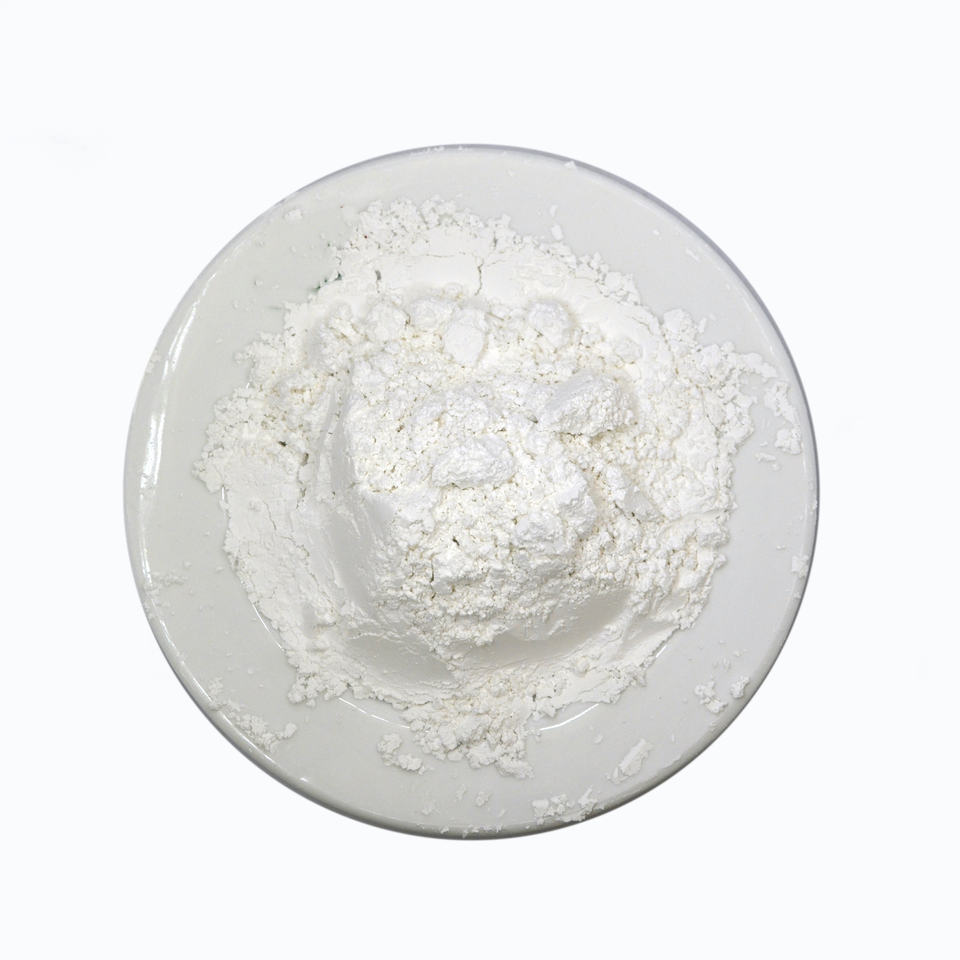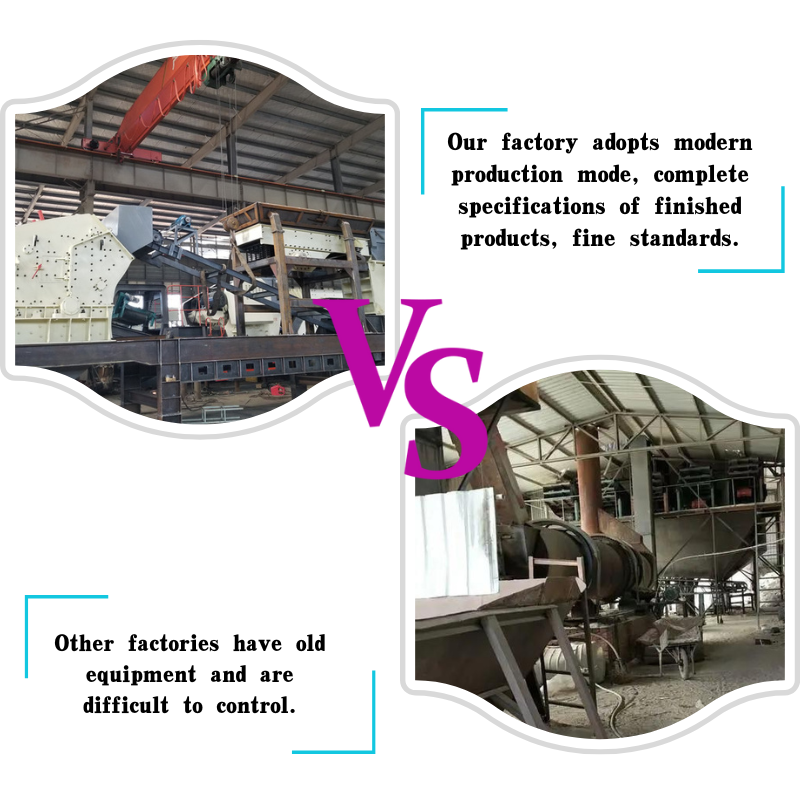
2 月 . 11, 2025 04:31
Back to list
floating volcanic rock
Red volcanic rock, or scoria, is an increasingly popular choice for a variety of applications, from gardening to construction. Its distinctive appearance and unique properties make it a coveted material, particularly in industries concerned with aesthetic appeal and functional utility.
For aquascaping enthusiasts, red volcanic rock offers both functional and visual benefits in aquariums. Its porous structure doubles as a biological filter media, providing ample surface area for beneficial bacteria to colonize. This biological activity is crucial for maintaining a healthy aquatic environment, contributing to water quality and the well-being of aquatic life. Moreover, its striking appearance complements aquatic plants and décor, creating an engaging and dynamic underwater landscape. From an environmental perspective, red volcanic rock is a sustainable choice. It is often sourced as a byproduct of volcanic activity, meaning that its extraction usually has a minimal environmental impact compared to other mined materials. Moreover, its durability ensures a long service life, reducing the need for frequent replacement and consequently minimizing waste. For consumers and professionals seeking advice on incorporating red volcanic rock, several authoritative resources are available. Academic journals and industry publications frequently cover the benefits and applications of scoria, offering detailed insights into its properties and uses. Consulting with experts in landscaping, construction, and aquascaping will provide tailored advice, ensuring that red volcanic rock is used to its fullest potential in aligning with specific project goals. As with any material, purchasing red volcanic rock from reputable suppliers is crucial to ensure quality and authenticity. Engaging with suppliers who demonstrate a commitment to sustainability can provide additional peace of mind, ensuring that both your practical needs and ethical standards are met. In conclusion, red volcanic rock's multifaceted utility and aesthetic appeal make it a valuable asset across various domains. Whether enriching soil in your garden, enhancing the energy efficiency of a construction project, or beautifying an aquarium, its benefits are diverse and impactful. Its alignment with sustainable practices further underscores its value, making it an indispensable choice for the environmentally conscious consumer.


For aquascaping enthusiasts, red volcanic rock offers both functional and visual benefits in aquariums. Its porous structure doubles as a biological filter media, providing ample surface area for beneficial bacteria to colonize. This biological activity is crucial for maintaining a healthy aquatic environment, contributing to water quality and the well-being of aquatic life. Moreover, its striking appearance complements aquatic plants and décor, creating an engaging and dynamic underwater landscape. From an environmental perspective, red volcanic rock is a sustainable choice. It is often sourced as a byproduct of volcanic activity, meaning that its extraction usually has a minimal environmental impact compared to other mined materials. Moreover, its durability ensures a long service life, reducing the need for frequent replacement and consequently minimizing waste. For consumers and professionals seeking advice on incorporating red volcanic rock, several authoritative resources are available. Academic journals and industry publications frequently cover the benefits and applications of scoria, offering detailed insights into its properties and uses. Consulting with experts in landscaping, construction, and aquascaping will provide tailored advice, ensuring that red volcanic rock is used to its fullest potential in aligning with specific project goals. As with any material, purchasing red volcanic rock from reputable suppliers is crucial to ensure quality and authenticity. Engaging with suppliers who demonstrate a commitment to sustainability can provide additional peace of mind, ensuring that both your practical needs and ethical standards are met. In conclusion, red volcanic rock's multifaceted utility and aesthetic appeal make it a valuable asset across various domains. Whether enriching soil in your garden, enhancing the energy efficiency of a construction project, or beautifying an aquarium, its benefits are diverse and impactful. Its alignment with sustainable practices further underscores its value, making it an indispensable choice for the environmentally conscious consumer.
Share
Next:
Latest news
-
Premium Pigment Supplier Custom Solutions & Bulk OrdersNewsMay.30,2025
-
Top China Slag Fly Ash Manufacturer OEM Factory SolutionsNewsMay.30,2025
-
Natural Lava Rock & Pumice for Landscaping Durable Volcanic SolutionsNewsMay.30,2025
-
Custom Micro Silica Fume Powder Manufacturers High-Purity SolutionsNewsMay.29,2025
-
Custom Mica Powder Pigment Manufacturers Vibrant Colors & Bulk OrdersNewsMay.29,2025
-
Custom Micro Silica Fume Powder Manufacturers Premium QualityNewsMay.29,2025






